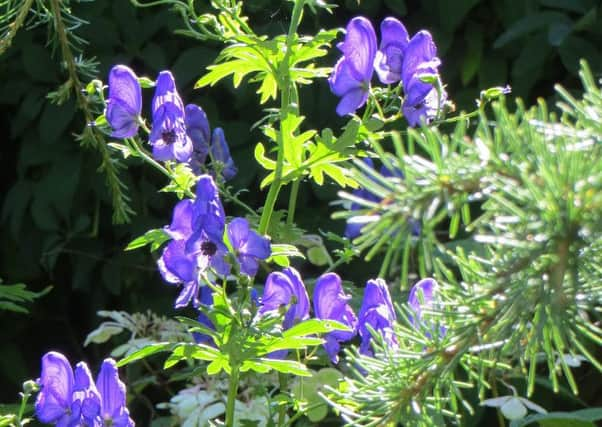Check your garden for child safety


Slippery or poorly maintained paths, debris, glass, canes without caps, hose or tools left lying around – they’re all accidents waiting to happen.
If fungicides, pesticides and herbicides are used they should be stored out of sight, and well beyond a child’s reach.
Advertisement
Hide AdAdvertisement
Hide AdThe idyllic outdoor summer setting has a lawn surrounded by a border of flowers, the pool, greenhouse, tool shed, and barbecue perhaps.
But how safe is it for young children exploring the world around them?
Take the flowers alone. Several of the common or garden types are poisonous. Foxglove, monkshood, lily of the valley, Solomon’s seal, ladies’ bonnets are but some.
If a child is known to have ingested some part of a plant and becomes unwell, take a sample enclosed in a polythene bag, along with the patient, to A&E.
Advertisement
Hide AdAdvertisement
Hide AdIt’s part of the rough and tumble of gardening to be stung by a nettle, as I was whilst inspecting the small patch reserved for egg-laying and caterpillar feeding when our favourite butterfly species arrive. Bare-arms and nettles don’t mix well, but the effect soon subsides.
However, the mishap was a timely reminder to anticipate more serious hazards as summer unfolds.
When a lawn area is constantly wet and grass continues to grow, it is tempting to throw caution to the wind and mow, but this can do more harm than good. Apart from the machine refusing to cut cleanly or failing to pick all the grass up, the blades may become clogged, and it’s at such times that we lower our guard in exasperation and reach in to clear the problem – without turning the power source off.